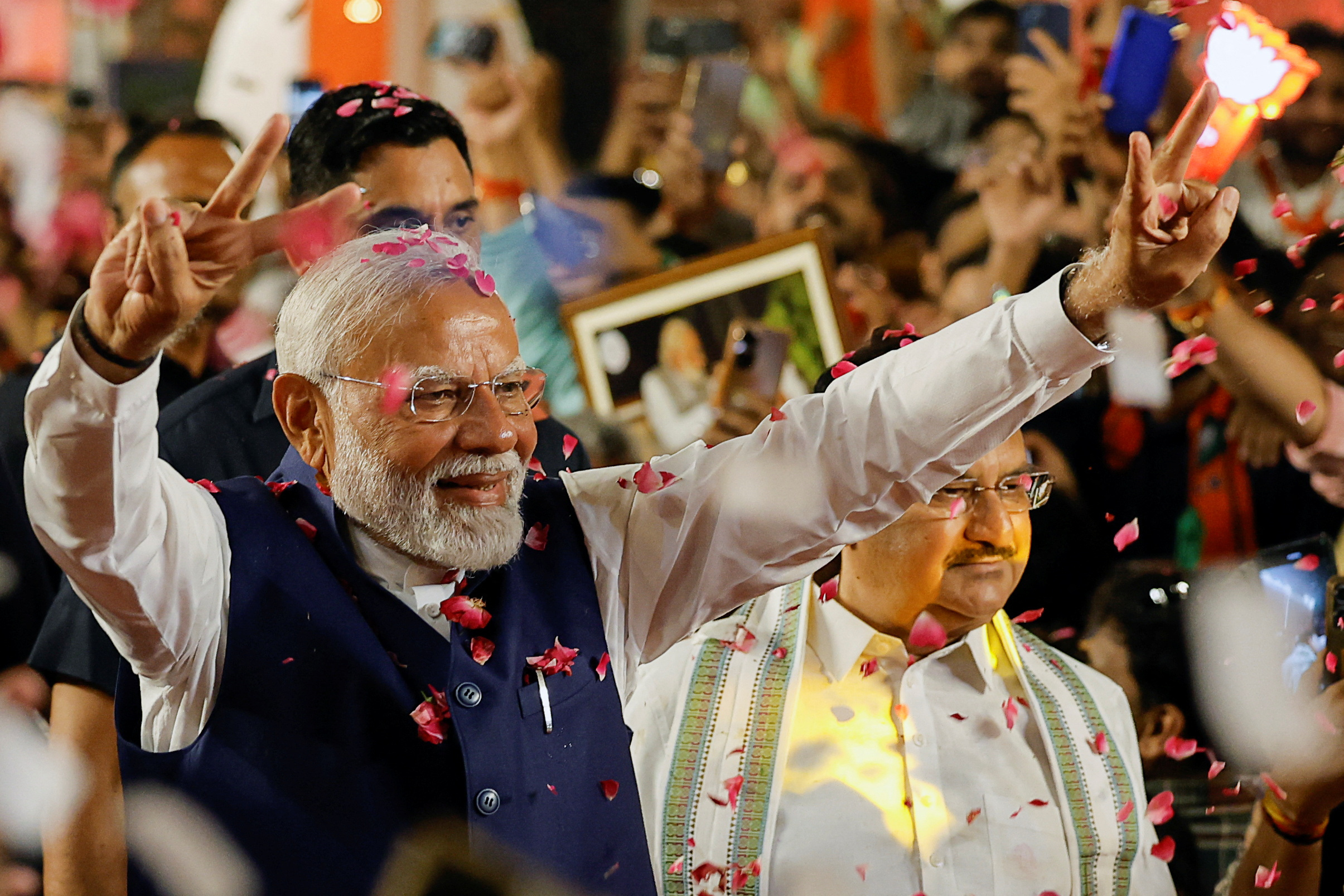1. Electoral Structure: Pakistan follows a federal parliamentary democratic system. The country is divided into four provinces: Punjab, Sindh, Khyber Pakhtunkhwa, and Balochistan, along with two federally administered territories: Islamabad Capital Territory and the tribal areas. Elections are held at the national level to elect representatives to the National Assembly and the Senate.
2. National Assembly: The National Assembly is the lower house of the Parliament of Pakistan. It has 342 members, known as Members of the National Assembly (MNAs). MNAs are elected from constituencies across the country. Each constituency elects one MNA through a first-past-the-post voting system. The candidate who receives the highest number of votes in a constituency wins the seat.
3. Senate: The Senate is the upper house of the Parliament of Pakistan. It has 100 members, known as Senators. Senators are elected by the members of the provincial assemblies and the members of the National Assembly. The Senate elections are held on a proportional representation basis, where seats are allocated to each province and the federal territories.
4. Voting System: The general elections in Pakistan use a first-past-the-post voting system for the National Assembly. Voters cast a single vote for their preferred candidate in their constituency, and the candidate with the highest number of votes is elected as the Member of the National Assembly for that constituency. In the Senate elections, members of the provincial assemblies and the National Assembly cast votes to elect Senators.
5. Election Timing: The President of Pakistan has the authority to dissolve the National Assembly and call for new elections. The regular term for the National Assembly is five years, but elections can be held earlier if the government loses a vote of confidence or if the President decides to dissolve the National Assembly.
6. Election Commission of Pakistan (ECP): The Election Commission of Pakistan is an independent constitutional body responsible for organizing and overseeing elections in the country. It ensures the transparency and fairness of the electoral process, including voter registration, candidate nominations, and the conduct of elections.
7. Voter Eligibility: To be eligible to vote in national elections in Pakistan, a person must be a citizen of Pakistan and at least 18 years old on the day of the election. Voters must be registered.



